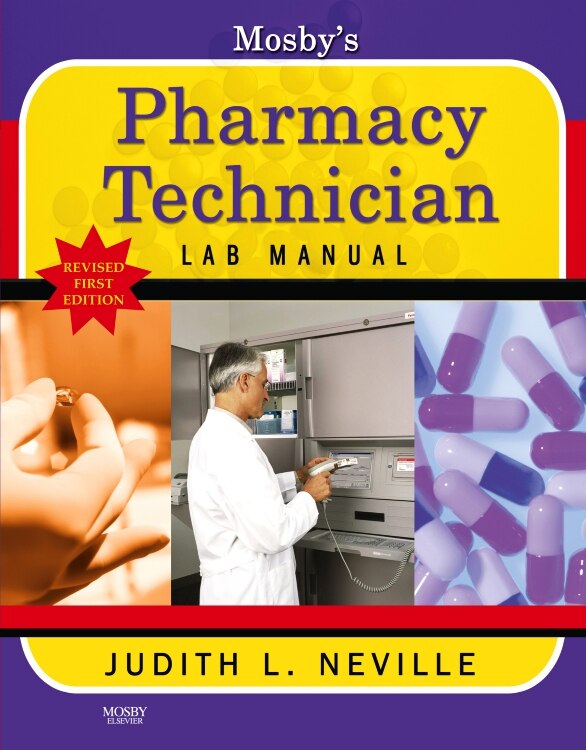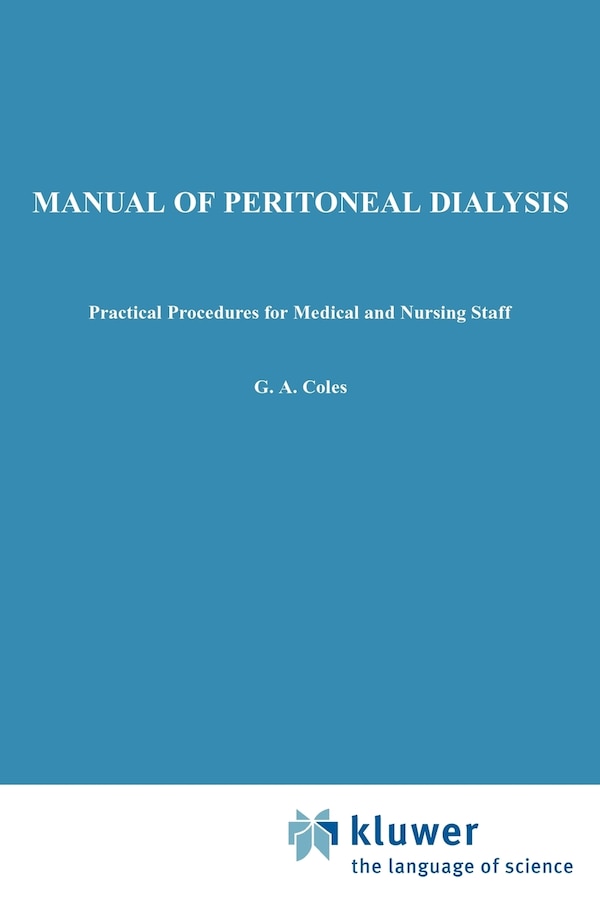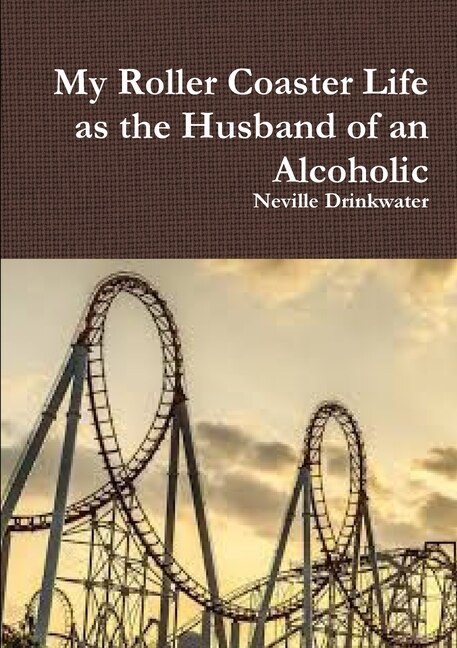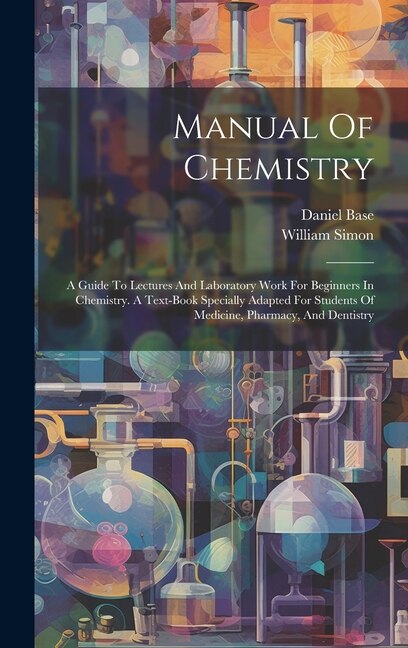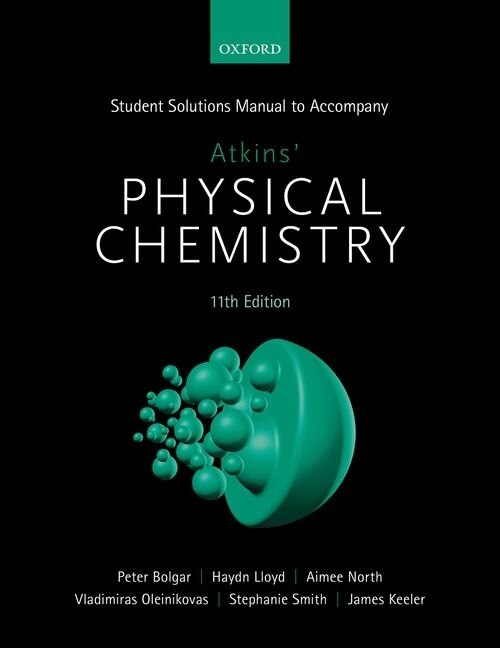
Gifting Made Simple
Give the Gift of ChoiceClick below to purchase a Bramalea City Centre eGift Card that can be used at participating retailers at Bramalea City Centre.Purchase HereHome
Chemistry: The Molecules of Life Lab Manual by Neville Kallenbach, Paperback | Indigo Chapters
Coles
Loading Inventory...
Chemistry: The Molecules of Life Lab Manual by Neville Kallenbach, Paperback | Indigo Chapters in Brampton, ON
From Neville Kallenbach
Current price: $119.94

Coles
Chemistry: The Molecules of Life Lab Manual by Neville Kallenbach, Paperback | Indigo Chapters in Brampton, ON
From Neville Kallenbach
Current price: $119.94
Loading Inventory...
Size: 1 x 11 x 1
*Product information may vary - to confirm product availability, pricing, and additional information please contact Coles
Chemistry: The Molecules of Life is the only textbook for non-majors that focuses on the fundamental chemistry of biological molecules and everyday life. It uses the chemistry of life to introduce, explain, and apply chemical principles. Each chapter begins with a framing question to stimulatestudents' interest. Many framing questions are pertinent to students' health, whereas others address foundational scientific topics. Scientific content in each chapter is introduced on a need-to-know basis that is related to the framing question. By the end of the chapter, students will be able toanswer the question using the chemical concepts they have learned. Chemistry: The Molecules of Life is designed for students who have a variety of academic and career interests, not all of which necessarily align with the sciences or health professions. Its authors believe that all undergraduate students-not just science majors- need to be educated about scientificknowledge and reasoning in order to make informed decisions about their personal well-being and important societal issues. Have you ever thought about how antibiotic medications work, or why it is important to take the entire dose that the doctor prescribed? Many of us also take a vitaminsupplement, often in the form of a daily multivitamin. Do you know what roles these vitamins play in our body, or why the recommended daily dose for some vitamins is much lower than for others? Does the federal government regulate vitamin supplements with the same scrutiny that it applies topharmaceuticals? Chemistry: The Molecules of Life examines relevant topics such as these and many more. Scientific knowledge is constantly advancing. Almost daily, the media reports on a new scientific discovery, a new interpretation of what foods or activities are good or bad for us, or the societal impact of a new medical breakthrough. Given this rapid progress, science cannot be presented as acollection of facts to be memorized. After a short time, even the most current scientific knowledge becomes outdated. Instead, students need to understand how scientists investigate the natural world-the methods they use, the evidence they generate, and the conclusions they make based on thatevidence. For this reason, each chapter of Chemistry: The Molecules of Life describes examples of scientific discovery. By analyzing these case studies, students will develop the critical thinking skills necessary to thoughtfully evaluate scientific information that is presented in the news media orobtained from other sources. | Chemistry: The Molecules of Life Lab Manual by Neville Kallenbach, Paperback | Indigo Chapters
Chemistry: The Molecules of Life is the only textbook for non-majors that focuses on the fundamental chemistry of biological molecules and everyday life. It uses the chemistry of life to introduce, explain, and apply chemical principles. Each chapter begins with a framing question to stimulatestudents' interest. Many framing questions are pertinent to students' health, whereas others address foundational scientific topics. Scientific content in each chapter is introduced on a need-to-know basis that is related to the framing question. By the end of the chapter, students will be able toanswer the question using the chemical concepts they have learned. Chemistry: The Molecules of Life is designed for students who have a variety of academic and career interests, not all of which necessarily align with the sciences or health professions. Its authors believe that all undergraduate students-not just science majors- need to be educated about scientificknowledge and reasoning in order to make informed decisions about their personal well-being and important societal issues. Have you ever thought about how antibiotic medications work, or why it is important to take the entire dose that the doctor prescribed? Many of us also take a vitaminsupplement, often in the form of a daily multivitamin. Do you know what roles these vitamins play in our body, or why the recommended daily dose for some vitamins is much lower than for others? Does the federal government regulate vitamin supplements with the same scrutiny that it applies topharmaceuticals? Chemistry: The Molecules of Life examines relevant topics such as these and many more. Scientific knowledge is constantly advancing. Almost daily, the media reports on a new scientific discovery, a new interpretation of what foods or activities are good or bad for us, or the societal impact of a new medical breakthrough. Given this rapid progress, science cannot be presented as acollection of facts to be memorized. After a short time, even the most current scientific knowledge becomes outdated. Instead, students need to understand how scientists investigate the natural world-the methods they use, the evidence they generate, and the conclusions they make based on thatevidence. For this reason, each chapter of Chemistry: The Molecules of Life describes examples of scientific discovery. By analyzing these case studies, students will develop the critical thinking skills necessary to thoughtfully evaluate scientific information that is presented in the news media orobtained from other sources. | Chemistry: The Molecules of Life Lab Manual by Neville Kallenbach, Paperback | Indigo Chapters



